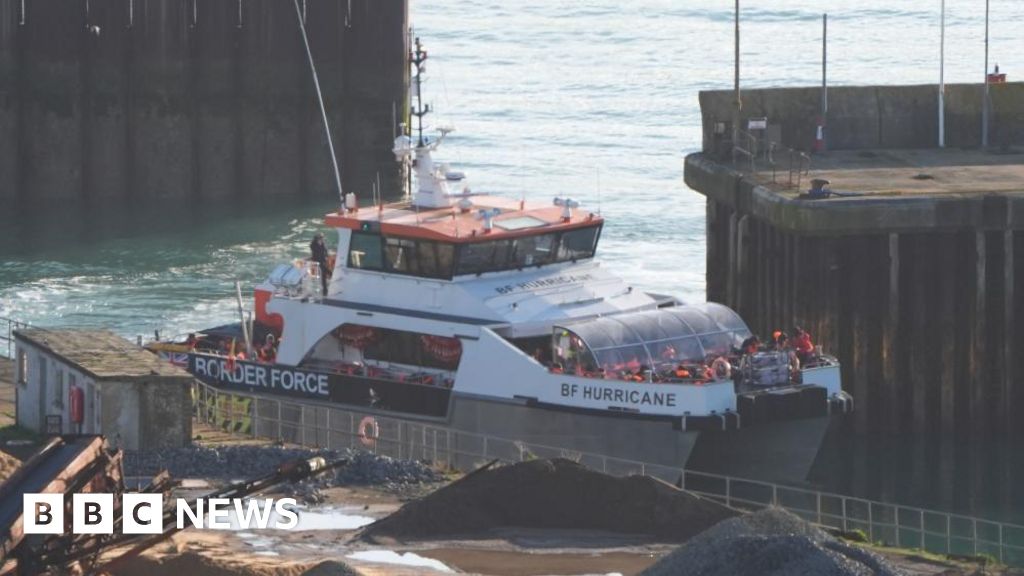Charlotte EdwardsBusiness reporter, BBC News
The UK government will unveil a new Defence Industrial Strategy (DIS) on Monday, backed by £250m in funding, to support regional economic growth and boost innovation in the defence sector.
Defence Secretary John Healey will launch the strategy during a visit to Bristol-based defence tech firm Rowden on 8 September, to open its new facility.
The government says the strategy will offer working families across the country new opportunities such as highly skilled engineering positions or apprenticeships for young people.
Chancellor Rachel Reeves said the plan would "unleash the power of local economies while securing our country".
The government anticipates that up to 50,000 new defence jobs could be created by 2035.
At the heart of the strategy are five new Defence Growth Deals, aimed at unlocking the potential of local economies across England, Wales, Scotland and Northern Ireland.
The £250m fund will be used in collaboration between local authorities, businesses, academia and the defence sector to support job creation, skills development, and innovation.
"These deals offer a new partnership with UK Defence to build on industrial and innovation strengths that regions already hold," said Healey. "Together we aim to drive an increase in defence skills, SMEs and jobs across all four nations."
The first Defence Growth deals will be in the following areas:
- Plymouth – With £4bn of naval investment over the next decade, Plymouth will become the UK's national centre for marine autonomy.
- South Yorkshire – A hub for advanced materials and steel production for defence, including specialist components for submarines and weaponry.
- Wales – A growing centre for unmanned aerial vehicles (UAVs) and autonomy research, supported by companies like Tekever and the Snowdonia Aerospace Centre.
- Scotland – Hosting innovation in maritime and space technology, with key clusters around the Clyde, Rosyth, and academic centres.
- Northern Ireland – A leader in cyber security and dual-use technologies, home to firms like Thales and Harland & Wolff, and Queen's University Belfast's Centre for Secure Information Technologies.
The DIS also aims to respond to evolving global threats, such as the war in Ukraine, underscoring the need for rapid innovation and industrial capacity to support national security.
With defence spending set to rise to 2.6% of GDP by 2027 - and an ambition to reach 3% - the government says the DIS is a long-term investment in both security and a high-growth economy.
.png)
 3 months ago
11
3 months ago
11








 English (US) ·
English (US) ·